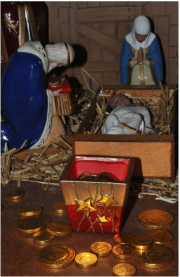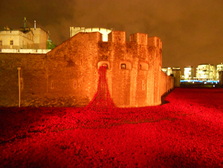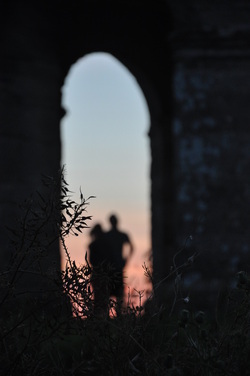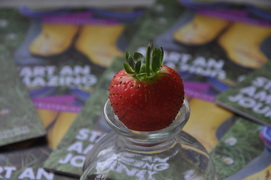In the chapel of the Mercers' Hall in London* lies a recumbent figure of Christ crucified, carved in stone with great sensitivity and skill. Dating from around the 15th century, it probably once formed part of an Easter sepulchre. It was targeted for destruction and apparently buried during the Reformation; it was rediscovered during rebuilding works following the Blitz.
The face of Christ is almost intact. The body, though, is broken. The right arm has been smashed off at the shoulder. The left hand and half of the forearm are missing. There are no longer any feet. Echoing the prayer of St Teresa of Avila: no feet with which to walk to do good; no hands to bless the world.
That image is a powerful one in my mind at present; a warning of what happens when we divide the Body of Christ, and an exhortation to work for unity and wholeness. We experienced some (by no means all) of the diversity of the Church in our Conversations, and at times it brought tension; there was little reflection on what it means to be different and complementary members of the Body of Christ (1 Cor 12), or to bear with one another in love (Eph 4.2, Col 3.13).We are at present the broken Body of Christ of Good Friday or Holy Saturday; only the work of resurrection will re-integrate the brokenness in such a way that death becomes life and wounds become scars - hallmarks of authentic love and the grace of God. How can we become an Easter people?
* Look at the timeline here and select 1953 for further details and a photo.
I am
I am a tongue: O for ten thousand more
In fiery Spirit-flames to praise the One
Whose glorious Word creation calls to be;
Voice echoing Voice with one united tongue.
I am a foot: O for an army great
To journey burning-hearted on the road
Of Resurrection; tramping, beauteous feet
To bear on mountain steep the Gospel-load.
I am an eye: O for a peacock's tail
Of vision, scales discarding, sight restored,
Flaming with colour vivid; angel-like
To watch wild world, to gaze on heavenly Lord.
I Am: take off your shoes, your pride, your will,
For holy ground burns bright beneath the Tree
Where all my members – tongue, foot, eye, and more -
Unite, one body, reconciled in me.
(c) Christopher Wilson 2015






 RSS Feed
RSS Feed